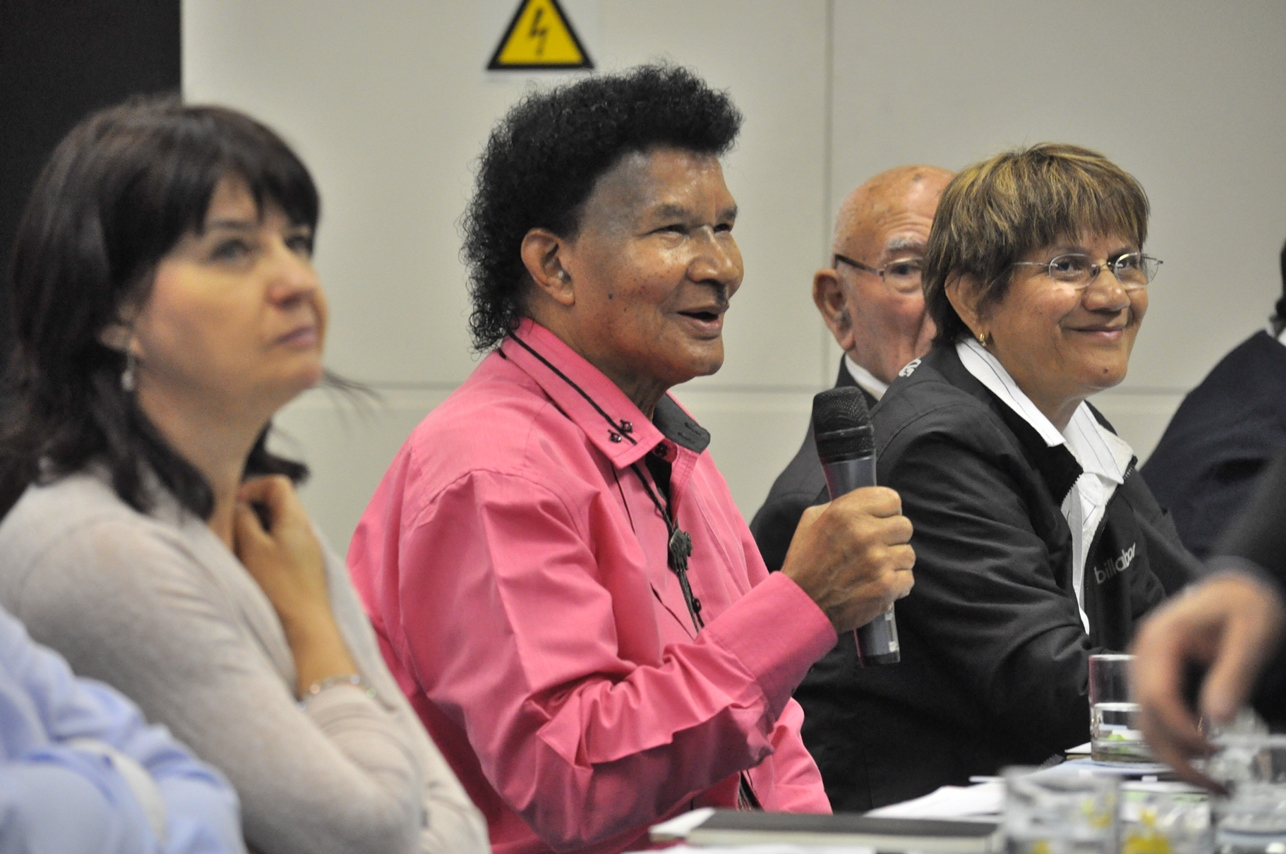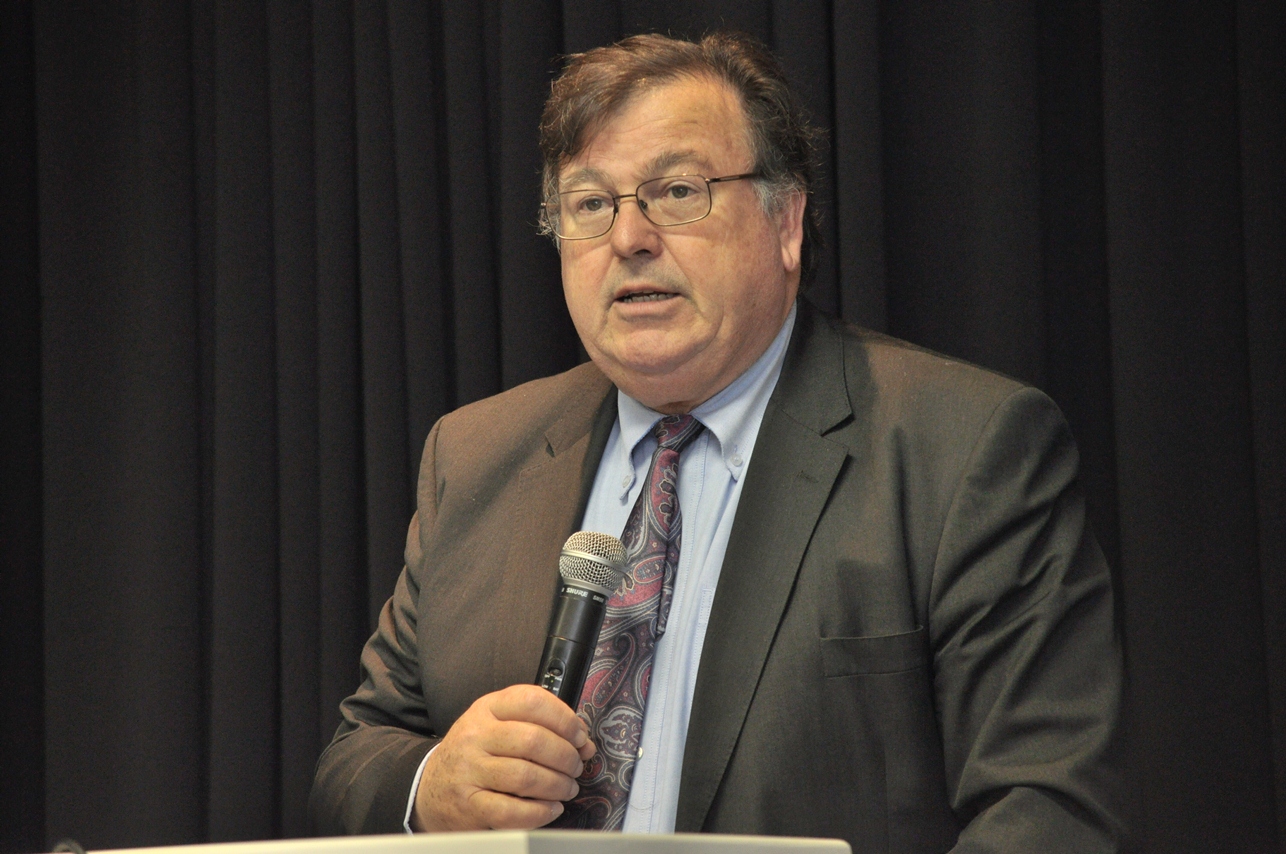
Speech
Southern African Bus Operators’ Association (SABOA) Conference
Speech by Donald Grant, Minister of Transport and Public Works
- Programme Director
- President of SABOA, Mr Andrew Sefala
- Vice-Chairperson of SABOA, Mr Sidwell Nche
- Representatives of SABOA
- Senior officials of the Department of Transport and Public Works
- Representatives of the Western Cape bus industry
- Invited guests
- Ladies and gentlemen
- Good morning, Goeie dag, Molweni.
Let me begin by extending my sincere gratitude for the opportunity to be here and to address you all today.
The Department of Transport and Public Works is proud to be associated with this year’s Western Cape Bus Indaba, organised by the Southern Africa Bus Operators’ Association. The bus industry is one of the critical pillars on which public transport in the province rests, and it is an important partner of the Western Cape Government (WCG). We are honoured to have been invited to inform bus operators in person about those recent developments provincial public transport environment that are relevant to SABOA members.
The majority of people in the Western Cape rely on public and non-motorised transport. With regard to adults, outside the City of Cape Town, a total of 45% of trips to work in the urban parts of the province are undertaken using public and non-motorised transport. In the rural parts of the province, only 4% of trips to work are undertaken using public transport, and 62% of trips to work are undertaken on foot. When it comes to children, 65% of education-related trips outside the City are undertaken completed primarily on foot, and 20% are made using public transport.
The provincial government is committed to supporting the provision of safe and reliable public transport for the many people of the Western Cape who rely on it to access public amenities, as well as employment and economic opportunities. I’m sure you will agree that the people of the province should be able to meet their daily transport needs in comfort and in safety.
At today’s conference, I spoke about two important projects that the Department is currently engaged in that affect bus operators, namely the George Integrated Public Transport Network – our flagship public transport improvement project – and the Provincial Public Transport Institutional Framework.
George Integrated Public Transport Network (GIPTN)
The GIPTN is a partnership project between the Western Cape Government, the Municipality of George, and the national government to establish a high-quality, scheduled bus service in George. Phase 1 of the Go George service began operating in December 2014 and three phases are currently in operation. The fourth and largest phase is due to commence operations later this year. The full project is expected to have been completed by June 2016.
Go George provides a comfortable, safe and reliable public transport service 18 hours a day with a fleet of universally accessible, brand-new buses. A total of 13 000 passengers are already using the system every day. When the final phase of the project is complete, the number of daily passenger trips is expected to double. The full fleet of 95 buses have been delivered.
The GIPTN system is a model for smaller South African cities seeking to implement infrastructure-light quality bus systems. The project began with the full-scale transformation of the public transport industry in George. Public transport operators own 100% of George Link, the newly established vehicle operating company that provides operating services to GIPTN. The only small bus operator providing services on GIPTN routes, Mr Louis Muller, is a part owner and a key part of this operating company. George Link has secured its future by signing a 12-year service contract with government.
The Western Cape Government has provided extensive support to GIPTN and this will help to ensure that the project is successful and sustainable. Our support has included:
- Providing an undertaking to cover the full operational shortfall of the GIPTN for the duration of the first contract term (12 years). Over R150m has been spent over the last three financial years, with the 2015/16 contribution currently standing at R55m. Over the three-year Medium-Term Expenditure Framework (MTEF) period, the provincial government has committed over R300m to the project. It is estimated that, over the life of the project, the WCG’s financial contribution will amount to R1,5bn.
- The provision of professional technical and business planning support to the project.
- The establishment and staffing of a GIPTN Management Unit to manage the operator contract and provide oversight of day-to-day bus operations.
In addition, the WCG has been instrumental in supporting the Municipality of George to gain access to extensive national grant funding, which amounts to R116 million in the current financial year. I will be attending the official launch of Go George together with the national Minister of Transport later this year.
Provincial Transport Institutional Framework (PPTIF)
While we recognise that the GIPTN project is a model for some smaller South African cities, we also know that it isn’t appropriate for the transport needs of our more rural areas. For this reason we have embarked on developing the Provincial Public Transport Institutional Framework. The framework is not prescriptive. It is an incremental approach to assisting municipalities in the Western Cape to develop locally appropriate public and non-motorised translations for their areas of jurisdiction.
Over time, our aim is to see the emergence of pragmatic public and non-motorised transport solutions across the province. We will initially focus on high-priority areas and steadily support the development of context-specific and affordable solutions across the Western Cape.
The three-stage incremental approach of the PPTIF aims to improve the public and non-motorised transport user experience progressively over time, in a manner that is affordable to government, limits the burden on government, and presents a lower risk to the public transport industry.
- Stage 1 includes a strong focus on non-motorised transport, basic public transport infrastructure and the regulation of existing public transport operators, in conjunction with effective law enforcement and better industry engagement. The aim here is to “get the basics right” before moving towards the implementation of expensive and complex integrated public transport networks.
- Stage 2: In Stage 2, government will begin to introduce small subsidised service contracts with existing operators, including small bus operators, for the provision of higher quality public transport services. Through the use of contracting, government will begin to incentivise self-organisation and consolidation within the industry. This will build on the work started in Stage 1 and begin to introduce subsidised contracts for public transport operators. Government will also start providing business advisory support to all public transport operators, support the development of small-scale intelligent transport systems (ITS) and automated fare collection (AFC) systems, and begin managing data from these systems.
- Stage 3: In this stage, the public transport priorities established in the previous two stages will be consolidated and extended. Where viable, we will start moving towards implementing a context-appropriate integrated public transport network through contracts with service providers.
The PPTIF is the future of public transport in the Western Cape. I encourage SABOA and its members to start to engage with this project. Together, we can make public transport better, safer and more reliable for the people of the Western Cape.
Communication Officer
Department of Transport and Public Works
Tel: 021 483 9813
Cell: 079 281 8570
Email: byron.lahoe@westerncape.gov.za
You can follow the Department of Transport and Public Works on Twitter: @WCGovTPW



